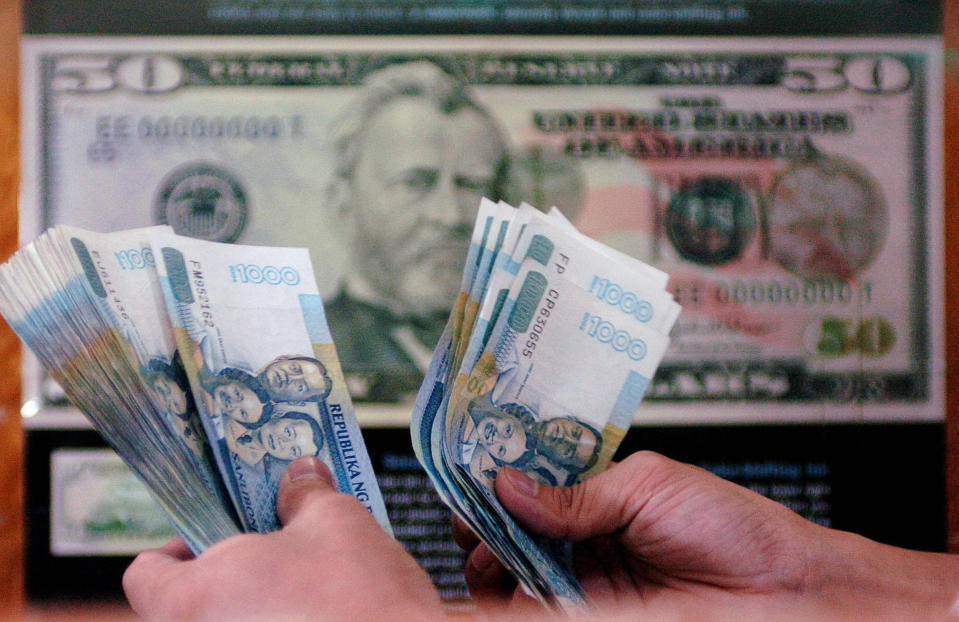Philippine Banks Warn of $82 Billion Cash Squeeze on Delay of Loan Payments

By Ditas Lopez
Banks in the Philippines warn their cash flow may be reduced by as much as 4 trillion pesos ($82 billion) should a bill that seeks to delay loan payments by a year becomes a law.
The plan could result in “massive liquidity crunch” of 2 trillion to 4 trillion pesos, or 20%-40% of outstanding loans, according to a document from the Bankers Association of the Philippines. This followed warnings from the central bank and a business group.
“New lending would dry up; worthy borrowers deserving of new funds would not get them,” the nation’s largest group of lenders said. Smaller banks may not survive the financial squeeze, putting depositors’ money at “undue risk,” it said.
A pandemic relief bill passed by the House of Representatives proposes a year-long loan payment holiday, while the Senate’s version suggests a one-month reprieve, according to the Bankers Association, which supports the latter.
Lawmakers from both chambers of Congress must come up with a unified measure before it’s sent for President Rodrigo Duterte’s final approval.
© 2020 Bloomberg L.P.

 Yahoo Finance
Yahoo Finance 